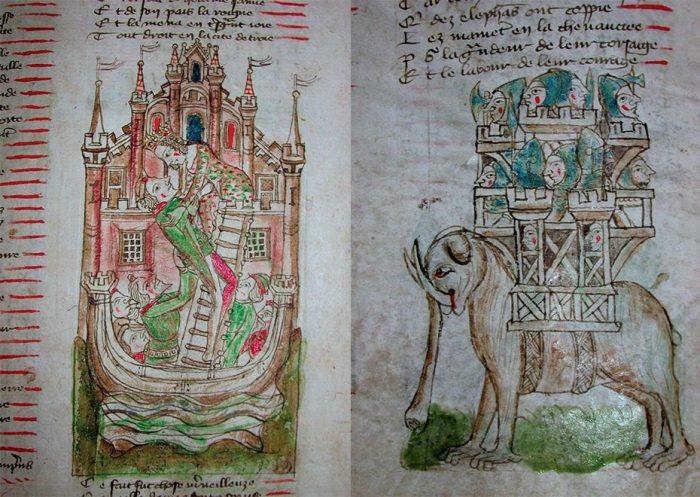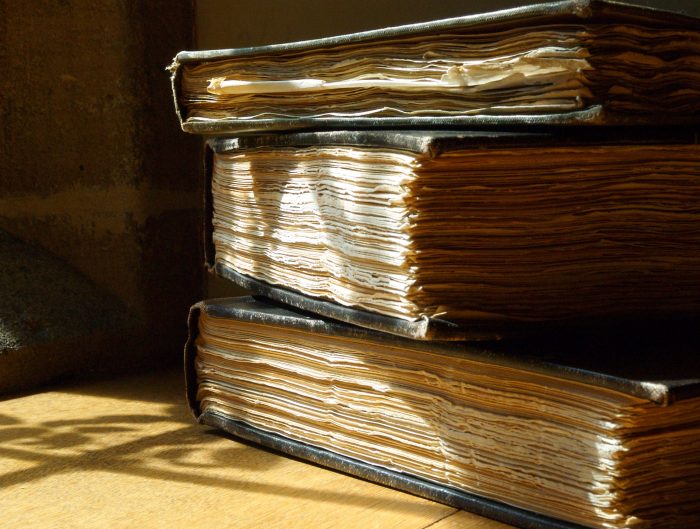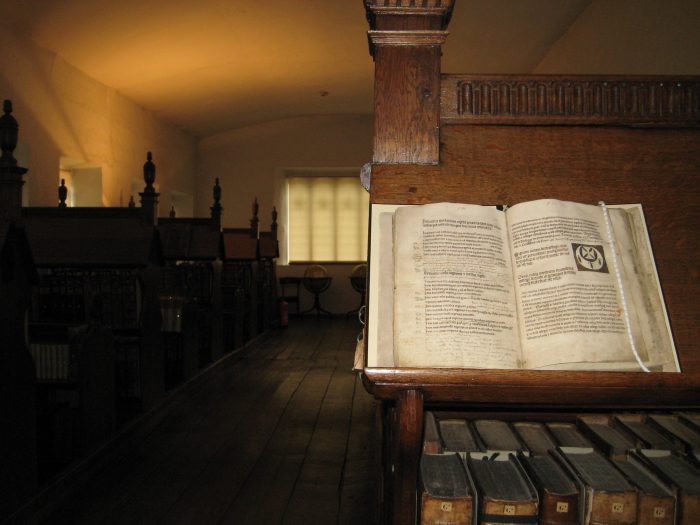Buildings and Heritage
Preserving our heritage
Purpose: to improve our buildings and rooms to remain competitive and to attract more conference business and to improve our resources such as IT provision and the facilities within the Jerwood Library to ensure we attract the best students and academics.
Current focus:
- Refurbishment of O staircase.
- Developing sustainability initiatives to reduce our carbon footprint.
Why support our refurbishment programme?
We must maintain our historic buildings and preserve them as an environment which is inspiring for study, sport, music and drama.
The College has a programme of much-needed renovation for all the staircases on the main College site in order to better serve the need of current and future generations. The refurbishment includes:
- structural alteration and refurbishment of gyp rooms and bathroom facilities
- improvements to electrics
- improvements to insulation to become more energy efficient
- repairing windows.
- new paint and soft furnishing (curtains/carpets)
- provision of new furniture
These improvements will help us attract the best students and academics, and also reduce costs by making the rooms more energy-efficient. Refurbishment to our accommodation will also help generate more conference income.
We spend over a million pounds on maintaining our buildings every year. Each Staircase costs around £250,000 to refurbish.
Improving our facilities has has helped contribute to a 35% increase in income from conferencing over the past 6 years, thereby freeing up funds which can be spent on assisting students and providing teaching.
Take a Seat and help with our refurbishment programme
As part of the refurbishment of the dining hall in 2013-14, the benches were replaced by new chairs. We are offering members of the College a unique opportunity to name a chair, for themselves or a loved one, in one of the oldest dining halls in Cambridge.
These chairs are constructed of European Oak and have been designed and made by distinguished furniture designer Luke Hughes.
For a donation of £1,000 (net) an inscription can be placed on a brass disc, 31mm diameter, on the back of the chair. The provides an opportunity to mark a special occasion or to remember a loved one in memoriam for years to come. Donors will also be invited to a lunch or dinner in the dining hall as a thank you, when you have the honour of sitting on “your” chair for that occasion. The donation covers the cost of the chair and will also contribute towards much-needed refurbishment of the College’s buildings on the main site.
Inscriptions are limited to a number of characters and we request that they include names and dates only. There are a limited number of chairs and inscriptions will be offered on a first come first served basis.
Supporters of the Old Library
Our aim is to help the College look after this unique resource through sponsoring conservation or open up the collection to wider audiences by supporting online cataloguing.
Since its foundation in 1350, Trinity Hall’s library has been supported by generous donors. Our founder, Bishop Bateman, gave the College his manuscripts on canon law, civil law, theology and chapel books. Among subsequent notable donors are the sixteenth-century antiquarian Robert Hare, and several former Masters including William Mowse (1552-53 and 1555-59), Thomas Eden (1626-45) and Sir Nathanael Lloyd (1710-35).

A grant from the Delmas Foundation enabled us to catalogue 4,500 sixteenth century books. The online records have been created to the highest standards using AACR2, MARC21, DCRMB and Library of Congress Subject Headings. The aim is to increase access to our collections for students and academics within the University of Cambridge and for scholars worldwide. In order to reach a wide audience the online catalogue records are retrievable via a number of e-resources: Cambridge University’s “Newton” online catalogue; Cambridge University’s new search tool “iDiscover” (which has replaced “LibrarySearch”); COPAC; and the Research Libraries UK (RLUK) database.

In January 2016 we took the opportunity to become a partner member in the Universal Short Title Catalogue’s (USTC) new programme, ‘Preserving the World’s Rarest Books’, by submitting the catalogue records for our sixteenth-century European printed books, thus further widening access. The cataloguing of the Old Library sixteenth-century books has also allowed for detailed identification of former owners and donors, including previous Trinity Hall Masters, Fellows and graduates, and also some prominent figures.

More recently we have been able to catalogue our seventeenth century books and manuscripts. Some of the European printed books have interesting provenance, including books belonging to Thomas Eden (Master 1626-1645) and Thomas Pepys (a physician and Fellow of Trinity Hall (1649) and a cousin of Samuel Pepys).
The Old Library’s collections continue to be supported by generous donors right up to the present day. With your help we can secure the future of this unique Library and the treasures it contains.
